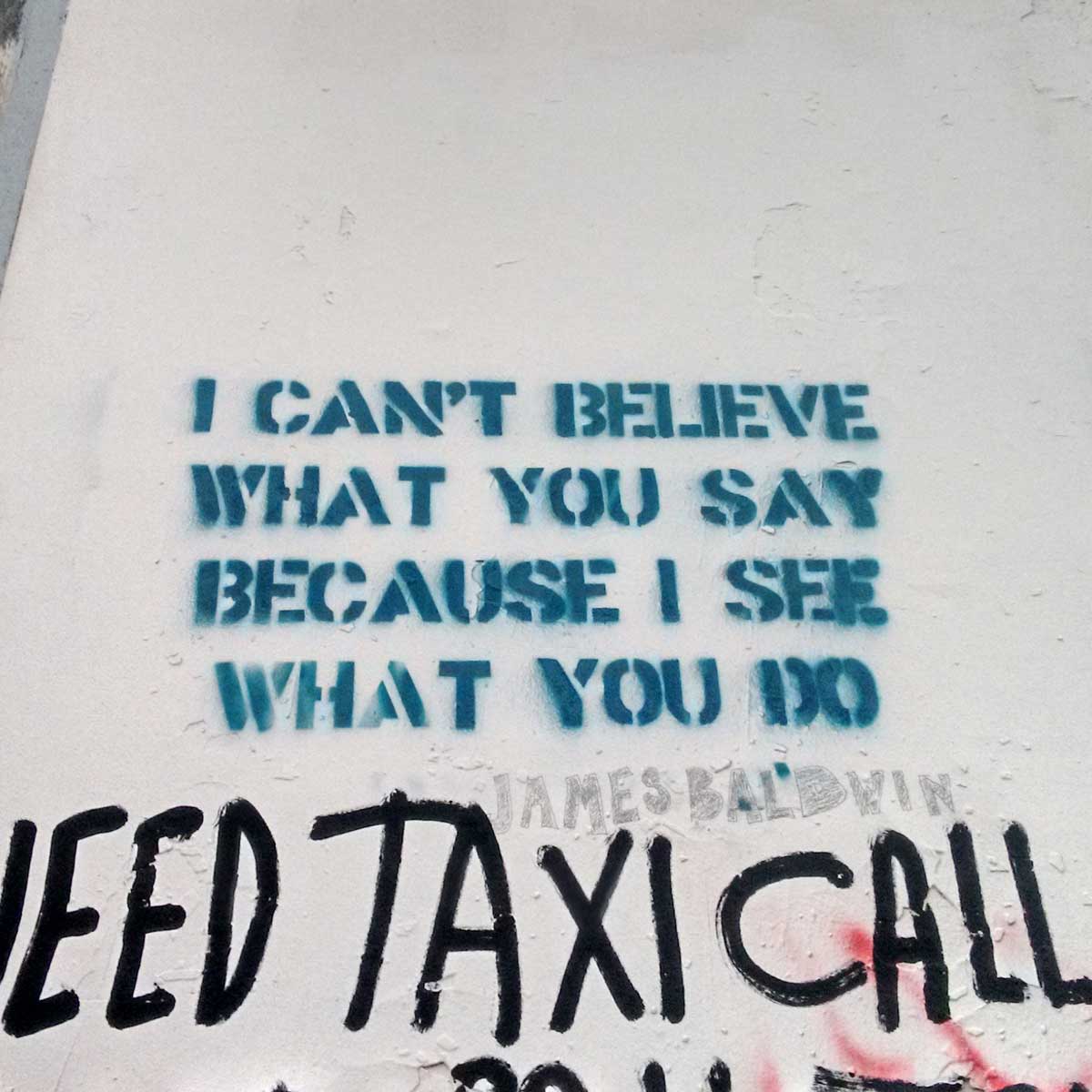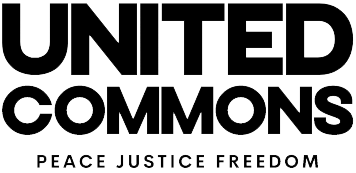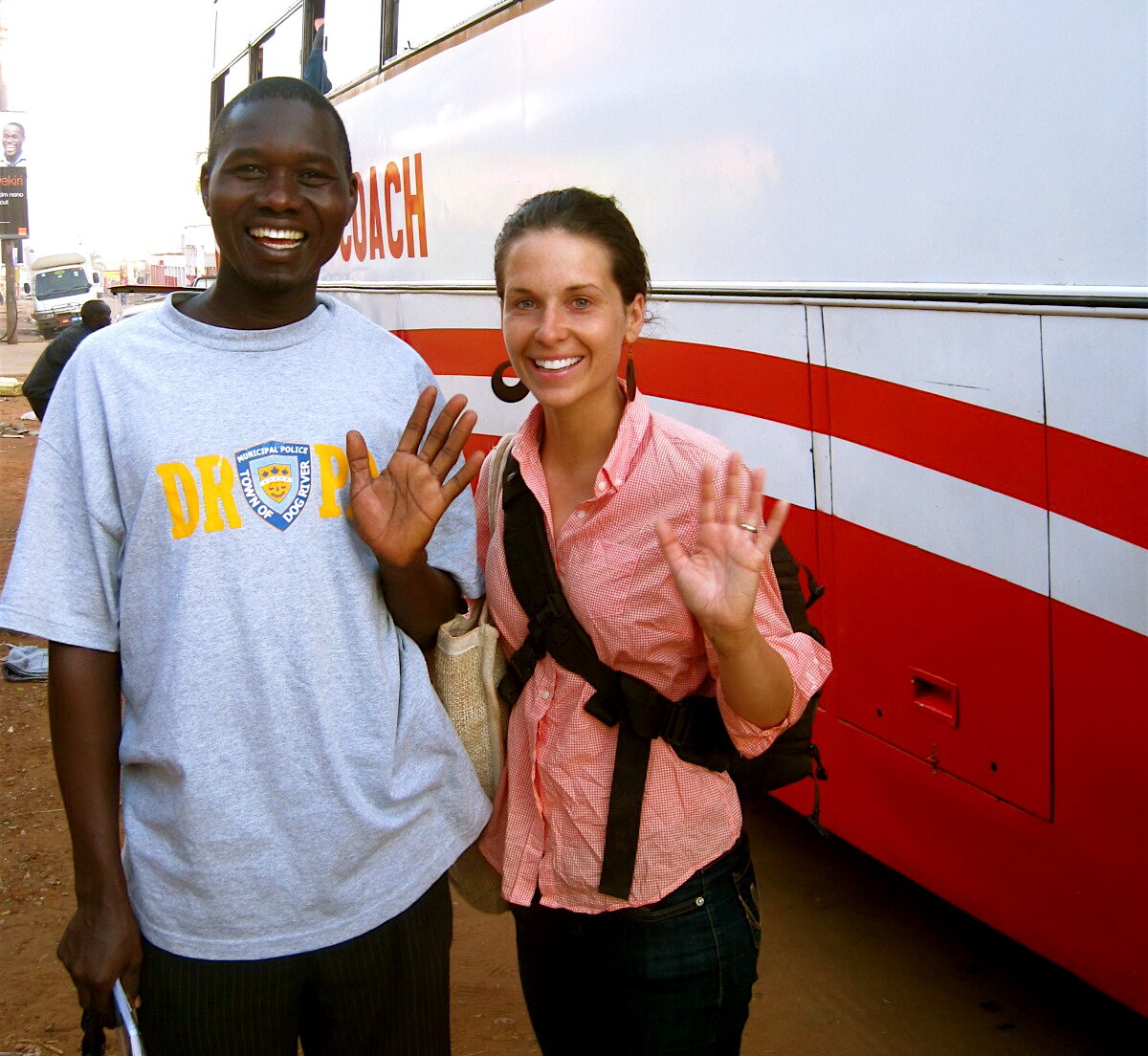JUSTICE
FREEDOM
commons /ˈkɒmənz/
United Commons is dedicated to the liberation of all beings and the protection of our home, Mother Earth, through our core values of peace, justice, and freedom.
Global
PROSECUTE MEDIA COMPLICITY
We collect evidence that can be used to trigger prosecution in the appropriate courts and jurisdictions globally. We urgently request the public to submit evidence of media complicity in the genocide of Palestinians. This includes institutions and individuals – including presenters, journalists, celebrities, and influencers – who have demonstrated culpability in the ongoing atrocities.
In the aftermath of the Holocaust, the Nuremberg trials established that individuals could be culpable for inciting violence. The first member of the Nazi regime convicted of incitement was Julius Streicher, the founder of an anti-semitic newspaper that the regime used as a central propaganda mouthpiece for its atrocities.
It was held that Streicher willfully used media to incite hatred despite being aware that Jews and other vulnerable minorities were being killed by the regime. He was convicted of crimes against humanity. This ruling set a precedent for media complicity in atrocities.
The form is quick, straight forward, you can choose anonymity, and you can submit as often as you like. Together, we can end impunity.

Apwoyo Matek!
ABOUT US
In 2008, Holly Elissa travelled to northern Uganda where she met Oneka Richard. Oneka was formerly a refugee, a result of the ethnic cleansing of the Acholi people by the Lord’s Resistance Army. Together they formed Caleb’s Hope, a grassroots Canadian-Ugandan NGO and registered Canadian charity. They worked with displaced women and children affected by the LRA genocide against the Acholi people in the remote Acholiland region roughly 17km from the border of south Sudan.
In 2014, they fulfilled their mission and projects in the region came to a close. Oneka founded a social enterprise beekeeping company in Gulu and Elissa returned to school to obtain her legal qualifications.
Eleven Years later, after a significant hiatus, the decision was made to dissolve Caleb’s Hope and form United Commons (UC).
UC is headed by Elissa, an international human rights lawyer and long time creative media professional.
1. the biodiversity, the resources, the planet we all share.
2. that which is for everyone equally.
3. as a class; the common people distinct from government and nobility.


